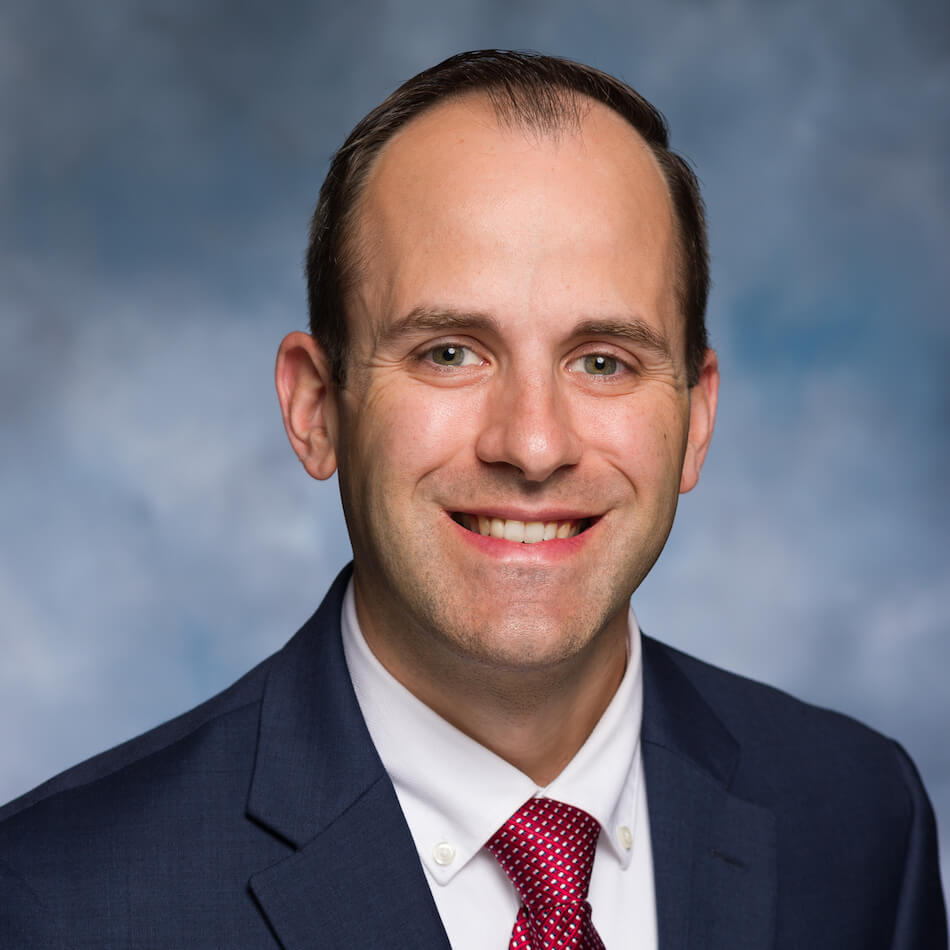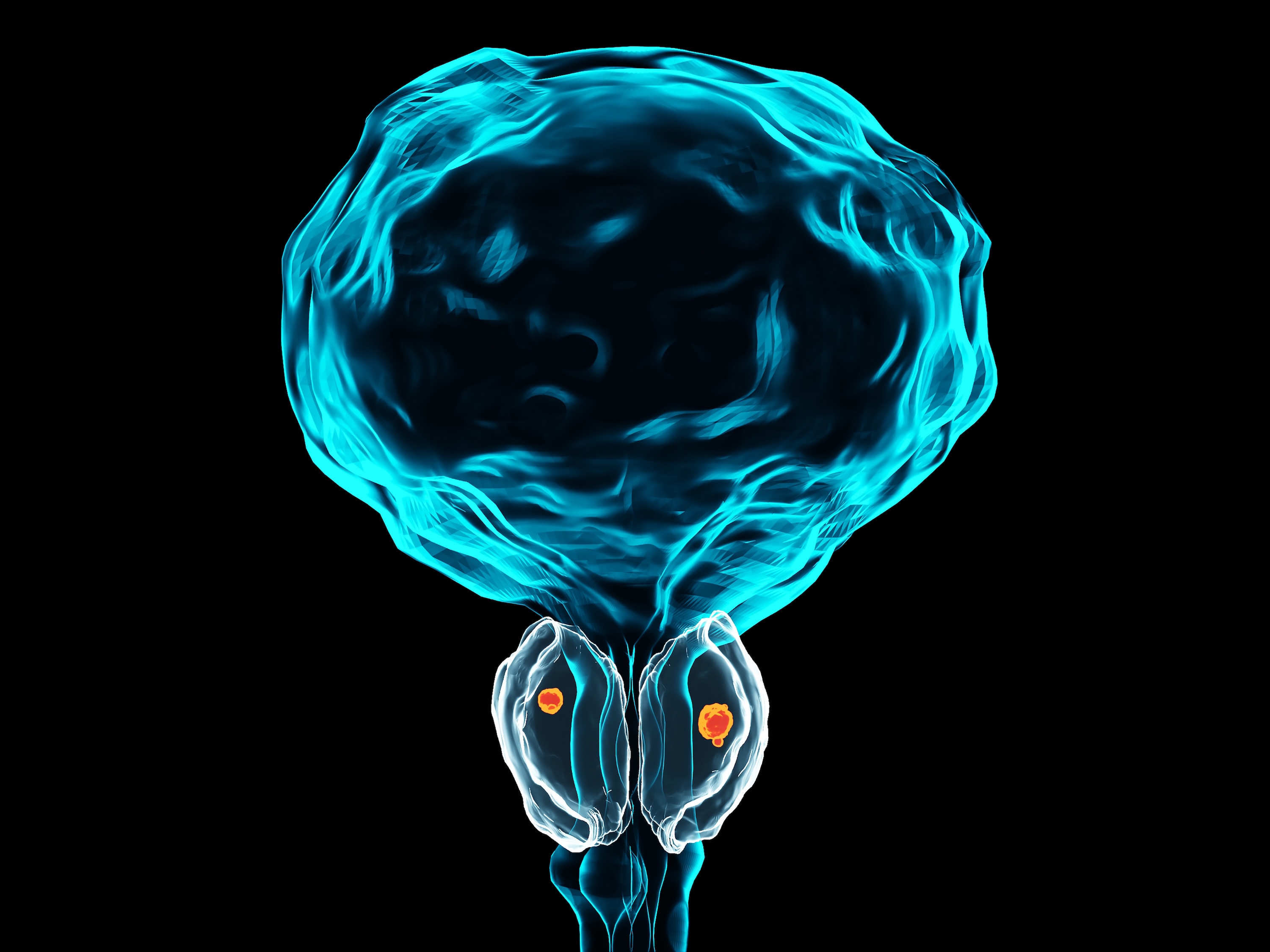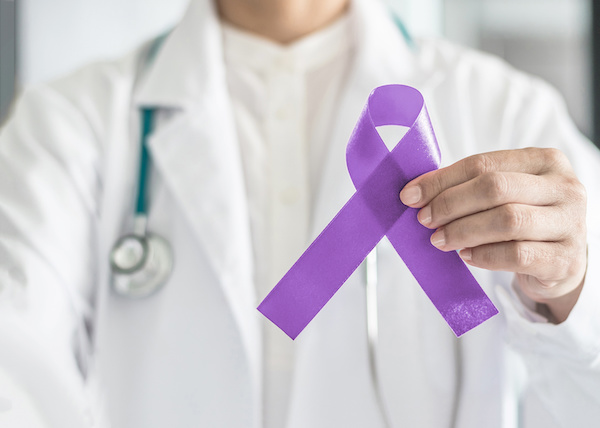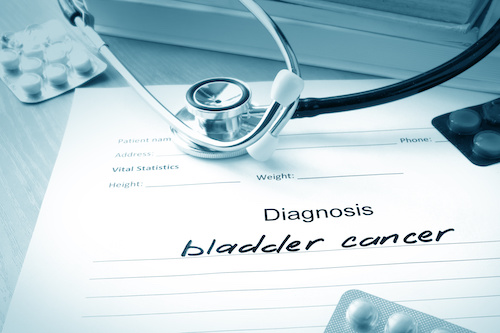![]()
At the Jack & Sheryl Morris Cancer Center, our expert urologic cancer surgeons are committed to providing the most comprehensive, highest-quality, compassionate, and exceptional personalized care tailored to your specific type and stage of genitourinary cancer. Our team of urologic oncologists from Rutgers Cancer Institute and RWJBarnabas Health offer the most skilled and advanced surgical therapies for the diagnosis and treatment of localized and advanced genitourinary cancers.
As New Jersey’s only National Cancer Institute (NCI)-designated comprehensive cancer center, we offer the most exhaustive and innovative genitourinary clinical trials portfolio in the state of New Jersey and treat the most complex and challenging patients with cancers of the prostate, kidney, bladder, ureter, urethra, testicle, and penis.

Rutgers Cancer Institute and Robert Wood Johnson University Hospital, an RWJBarnabas Health facility, earned several High Performing ratings in the 2025-2026 U.S. News & World Report Best Hospitals survey, including for prostate cancer surgery. In fact, University Hospital was 1 of 4 New Jersey hospitals afforded this designation.
Our Testicular Cancer Program has been designated a Center of Excellence by the Testicular Cancer Awareness Foundation, which is the leading Testicular Cancer Organization in the United States.
What is Urologic Cancer?
Urologic cancers arise from abnormal cell growth in the urinary and reproductive systems, forming tumors that can impair essential organ function. Our experienced, multidisciplinary clinicians provide expert care for the following urologic cancers:
- Prostate Cancer
- Kidney Cancer
- Testicular Cancer
- Bladder Cancer
Depending on the type of urologic cancer, symptoms, diagnosis, and treatment options will vary.
Symptoms of Urologic Cancer
Urologic cancers can cause a wide range of symptoms that depend on the location and stage of the disease. Some individuals may notice changes early on, while others may not experience symptoms until the cancer has progressed. Being aware of potential warning signs and discussing them with a healthcare provider is key to early detection and timely treatment. Common symptoms to be aware of include:
- Blood in the urine
- Frequent urination or difficulty urinating
- Pain or burning sensation during urination
- Lower back or pelvic pain
- Unexplained weight loss or fatigue
- A lump or swelling in the testicles or abdomen
- Erectile dysfunction
- Persistent abdominal pain or discomfort
Experiencing these symptoms doesn’t necessarily mean you have cancer. If symptoms persist, it's important to consult a healthcare provider.
The Latest Diagnostic and Treatment Options
Rutgers Cancer Institute and RWJBarnabas Health provide access to the latest technological advancements for prostate and bladder cancer, including the most comprehensive clinical trial portfolio for genitourinary cancers in New Jersey. Our genitourinary medical oncologists will partner with you to choose the best treatment for your cancer. This may include chemotherapy, immunotherapy, targeted therapy, or other treatments.
Additional Treatments
We offer a range of advanced treatment options to meet the unique needs of each patient, ensuring they receive the most effective, personalized care available.
- MRI with Ultrasound Fusion Prostate Biopsy
- Single-Port and Multi-Port Robotic Surgery
- Radiation Therapy
- Chemotherapy
- Immunotherapy
- Advanced treatment options and emerging therapies through clinical trials
- Support for patients living with cancer through the Survivorship Program
Meet Our Team
Why Choose Us for Your Urologic Cancer Care?
Your care team will include a multi-disciplinary team of nationally recognized and highly experienced urologic cancer surgeons, medical oncologists, and radiation oncologists. We offer the latest and most technologically advanced diagnostic and surgical therapies for our patients, including Blue Light Cystoscopy to enhance detection of high-grade bladder cancers, Jelmyto Treatment for Upper Urinary Tract Urothelial Cancer, single-port and multi-port robotic surgery for treating prostate, kidney, and bladder cancers, image-guided diagnosis and treatment of prostate cancer (MRI-Ultrasound fusion biopsies and High-Intensity Focused Ultrasound (HIFU) focal therapy, organ sparing surgeries for patients with kidney cancer, and nerve-sparing surgeries for men with testicular and prostate cancers aimed to preserve fertility and sexual function.
Our urologic cancer surgeons are at the forefront of educating the next generation of leaders in the field and developing novel diagnostic biomarkers and new therapeutics and sequences of therapies aimed to improve the outcome of patients with genitourinary cancers. Finally, our Survivorship Program offers support for patients living with cancer.
Related Articles and Press
Prostate Cancer Awareness and Screening: Insights from RWJBarnabas Health and Rutgers Cancer Institute
Prostate cancer is the most common cancer (after skin cancer) and the second leading cause of cancer death among American men. Regular screenings play a crucial role in catching prostate cancer early, yet stigma and misconceptions often hold men back from seeking care. Dr. David M. Golombos shares more.
Optimizing TURBT: Balancing Surgical Skill and Advanced Technology - Vignesh Packiam & Mark Tyson
Listen in as Dr. Vignesh Packiam discusses optimizing TURBT with UroToday.
Rethinking Risk: When to Repeat TURBT in Complex Bladder Cancer Cases
At the American Urological Association 2025 Annual Meeting, an expert panel debates the management of high-grade T1 bladder cancer with lymphovascular invasion and variant histology, weighing the benefits and limitations of repeat TURBT, the use of blue light cystoscopy, and the implications for intravesical therapy, early cystectomy, or systemic treatment in light of emerging data and evolving risk stratification.
Check Yourself: Why Being Proactive About Testicular Cancer Matters
Testicular cancer is highly treatable, especially when caught early, making awareness and self-exams essential. That’s why it’s crucial for young men to know the warning signs and take charge of their health. Dr. Thomas Jang shares more.
Top 5 Facts to Know About Kidney Cancer
Kidney cancer, also known as renal cell carcinoma or RCC, forms when healthy cells in one or both kidneys grow out of control. Learn more with Dr. Saum Ghodoussipour.
Sequential Endoluminal Chemotherapy for Non-Invasive High-Grade UTUC
Vignesh T. Packiam, MD, and Katie S. Murray, DO, MS, weigh multiple recent studies that explore the efficacy of gemcitabine/docetaxel as a frontline therapy for upper tract urothelial carcinoma, highlighting its potential as an alternative to BCG amid supply shortages and its promising outcomes in preserving kidney function.
Blue Light Cystoscopy for Bladder Cancer
Learn more about how blue light cystoscopy is used to help patients with bladder cancer with Dr. Vignesh T. Packiam.
Oncologist Shares Tips for Kidney Health
Dr. Thomas L. Jang shares tips for keeping your kidneys healthy and preventing kidney cancer.
Testicular Cancer: It’s Time to Talk About it
According to data from the National Cancer Institute, the median age of a cancer diagnosis is 66 years, but certain cancers occur more commonly in young people. Dr. Thomas L. Jang shares more.
5 Tips to Boost Bladder Health
While researchers are working to better understand the causes of bladder cancer, there a number of things impacting bladder health that can be controlled with a lifestyle adjustment. Dr. Saum Ghodoussipour shares more.




















